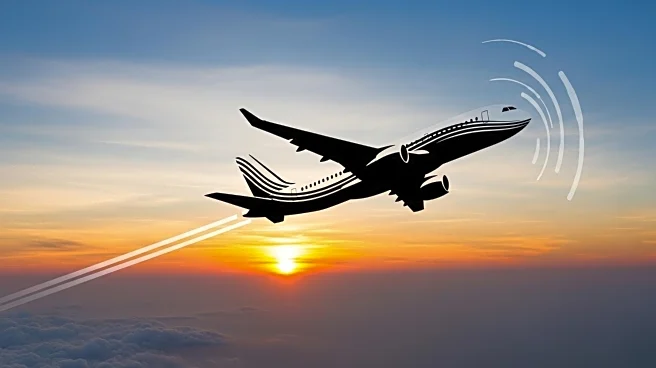What is the story about?
What's Happening?
Madagascar Airlines and French carrier Corsair have announced an expansion of their commercial partnership through new route agreements and fleet enhancements. This development aims to improve connectivity between Madagascar, Reunion, and France. The new codeshare agreement, effective from September 18, covers flights between Antananarivo, Madagascar, and Saint-Denis, Reunion, operated by Corsair with two weekly frequencies. This service complements the existing Antananarivo–Paris Orly route. Madagascar Airlines will market these flights under its own code. Additionally, an interline agreement has been signed, allowing Corsair customers access to Madagascar Airlines’ domestic network and selected routes on Corsair’s network via connections at the Antananarivo hub. Madagascar Airlines CEO Thierry de Bailleul emphasized the increased choice and flexibility for customers and the closer ties between Madagascar, Reunion, and France.
Why It's Important?
The expanded partnership between Madagascar Airlines and Corsair is significant for enhancing regional connectivity and tourism. Madagascar Airlines, which began operations in April 2022, aims to increase passenger growth by 15% to 20% over the next six years, targeting 750,000 passengers by 2028. This aligns with the government’s ambition to attract one million tourists by that time. The partnership is expected to boost tourism and economic activity in Madagascar, Reunion, and France, benefiting local businesses and the aviation industry. Corsair’s fleet renewal program, completed with the delivery of its ninth Airbus A330neo, further supports the enhanced service offerings.
What's Next?
Madagascar Airlines plans to continue expanding its fleet, with a sixth ATR 72 expected to arrive in April 2026. The airline's growth strategy includes increasing passenger numbers and enhancing service offerings. The strengthened partnership with Corsair is likely to lead to further collaborations and route expansions, potentially attracting more tourists and boosting economic growth in the region. Stakeholders, including tourism boards and local businesses, may respond positively to these developments, anticipating increased visitor numbers and economic benefits.
















